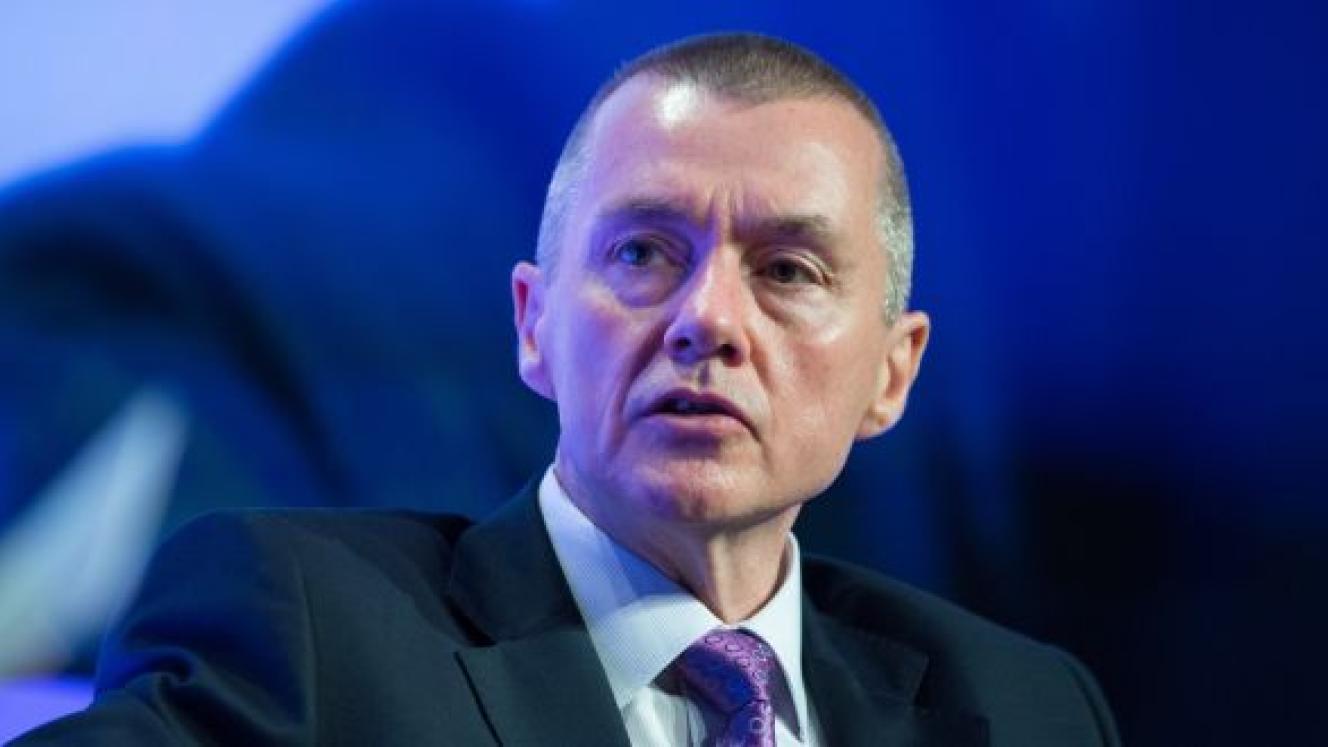Airports Company South Africa (Acsa), appears on IATA’s list of airport operators exhibiting “unacceptable behaviour” - trying to command inordinately high increases in tariffs from their customers, who are in dire financial straits. IATA DG, Willie Walsh accused operators planning these increases, of compromising the economic recovery of their countries by their greed, stalling recovery in air travel and damaging international connectivity..
Confirmed increases in airport and ANSP charges have already reached US$2,3 billion (R34,7 billion). Further increases could be ten times this number if proposals already tabled by airports and ANSPs are granted.
“A $2,3 billion charges increase during this crisis is outrageous. We all want to put COVID-19 behind us. But placing the financial burden of a crisis of apocalyptic proportions on the backs of your customers, just because you can, is a commercial strategy that only a monopoly could dream up. At an absolute minimum, cost reduction – not charges increases – must be top of the agenda for every airport and ANSP. It is for their customer airlines,” said Iata Director General, Willie Walsh.
He said an example of this could be found among European air navigation service providers. Collectively, ANSPs of the 29 Eurocontrol states, the majority of which are state owned, are looking to recoup almost US$9,3 billion (R140 billion) from airlines to cover revenues not realised in 2020/2021.
“They want to do this to recover the revenue and profits they missed when airlines were unable to fly during the pandemic. Moreover, they want to do this in addition to a 40% increase planned for 2022 alone,” said Walsh.
Other examples include:
- Heathrow Airport pushing to increase charges by over 90% in 2022;
- Amsterdam Schiphol Airport requesting to increase charges by over 40% over the next three years;
- Airports Company South Africa (Acsa) asking to increase charges by 38% in 2022;
- NavCanada increasing charges by 30% over five years; and
- Ethiopian ANSP raising charges by 35% in 2021.
“Today I am ringing the alarm. This must stop if the industry is to have a fair opportunity at recovery. Infrastructure shareholders, governmental or private, have benefited from stable returns pre-crisis. They must now play their part in the recovery. It is unacceptable behaviour to benefit from your customers during good times and stick it to them in bad times.
“Doing so has broad implications. Air transport is critical to support economic recovery post-pandemic. We should not compromise the recovery with the irresponsibility and greed of some of our partners who have not addressed costs or tapped their shareholders for support,” said Walsh.
He pointed out that some regulators had already understood the danger being posed by the behaviour of infrastructure providers. According to him, regulators in India and Spain had successfully intervened on the increases proposed by airports. “They provide an example for other regulators to follow,” said Walsh.
He added that the Australian Competition & Consumer Commission had warned in its recently published report that increasing charges to recover lost profits from the pandemic would demonstrate airports systematically taking advantage of their market power, damaging the vulnerable airline sector’s ability to recover at the expense of both consumers and the economy.
Airlines owe R9,78 trillion
Airlines undertook drastic cost-cutting from the outset of the pandemic, reducing operating costs by 35% compared with pre-crisis levels. This was supported by increased commercial borrowing and shareholder contributions. Airlines also sought government aid, the majority of which was in the form of loans that needed to be paid back.
“Of the $243 billion (R3,65 trillion) that was made available to airlines, $81 billion (R1,2 trillion) supported payrolls, and approximately $110 billion (R1,65 trillion) was in support that needs to be paid back. As a result, airlines have amassed a huge debt burden of over $650 billion (R9,78 trillion). Any defaults could result in airline failures and the loss of tens of thousands of jobs,” Walsh emphasised.
Iata urged airports and ANSPs to apply solutions to address the financial impact of the pandemic, including:
• Implementing sustainable cost control measures.
• Tapping shareholders.
• Accessing capital markets.
• Seeking government aid.













